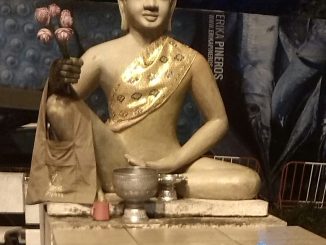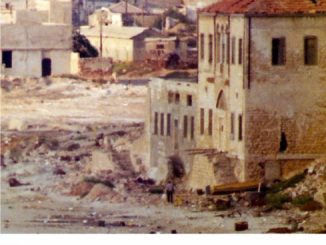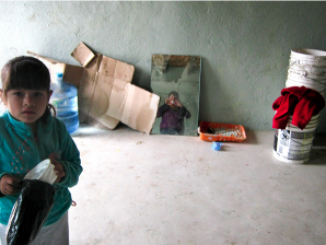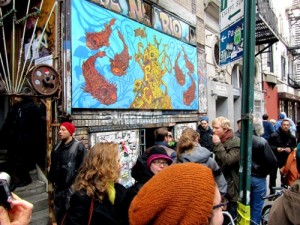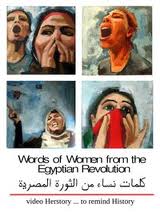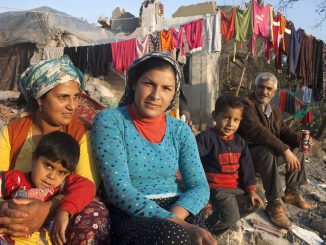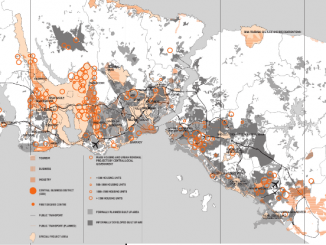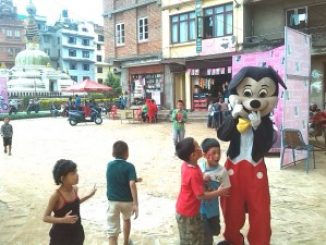
Where there be dragons: Multiple modernities in Kathmandu
As opposed to the orientalist stereotypes depicting Kathmandu (Nepal) as a place out of time and of the world, the social reality of Nepal reveals an admirable vivacity. Artists and intellectuals participate in this debates, contributing to make it a laboratory of postsecularism and "multiple modernities".
